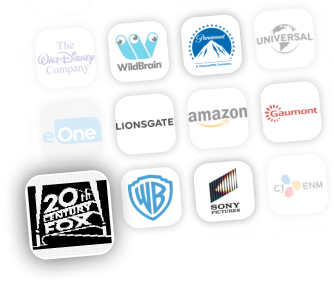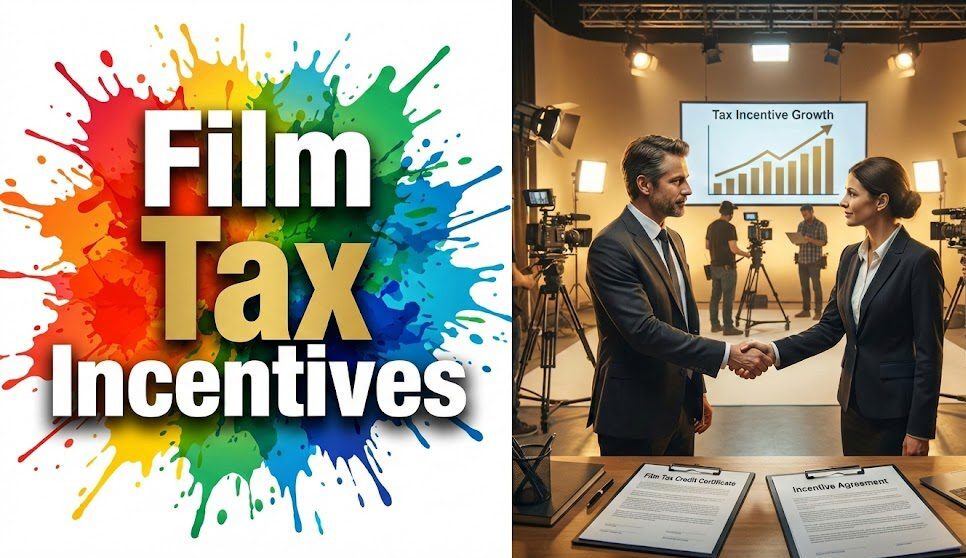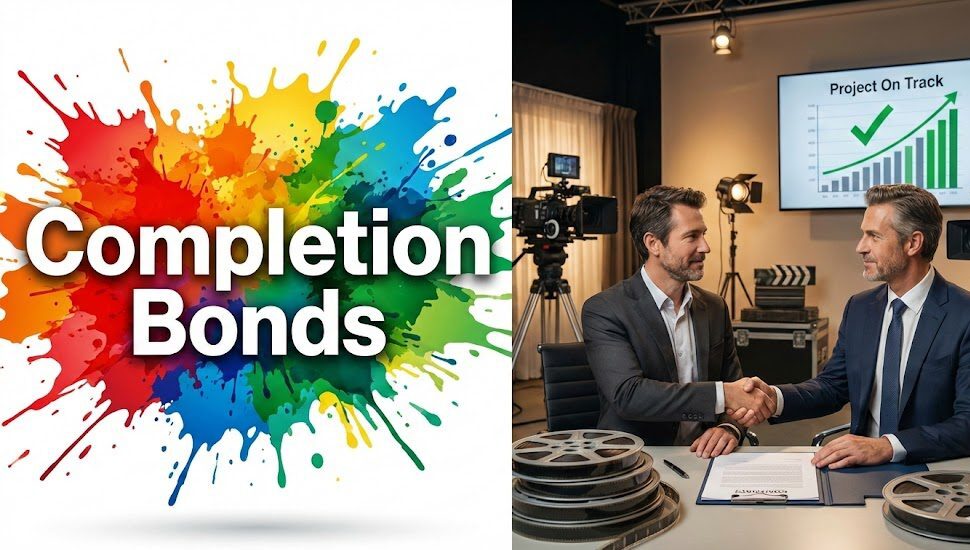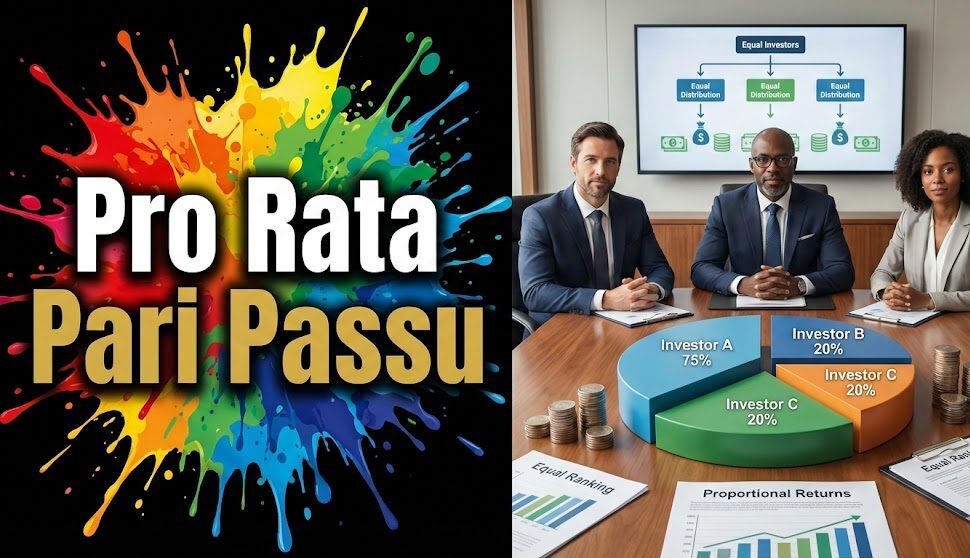Introduction
In the entertainment industry, getting family content into the right hands and onto the right screens can be a challenge—especially with so many platforms and regions to navigate. Whether you’re a production company, a content financier, or a streaming service, you’ve likely encountered roadblocks around rights management, regional licensing, and distribution channels. This guide will walk through how cross-platform licensing is reshaping the game for family entertainment, diving into the trends, tactics, and opportunities that can help content reach more audiences worldwide.
Vitrina Business Network makes the process smoother by offering a global network of distributors, localization specialists, and insight-driven support to aid in regional and cross-platform licensing strategies. This article will highlight what you need to know about the evolving licensing landscape and how to leverage cross-platform approaches to your advantage.
Key Takeaways
| Key Takeaway | Summary |
| Cross-Platform Licensing Basics | An overview of what cross-platform licensing means in the context of family entertainment. |
| Regional Licensing Strategies | Tips for managing family content across different global regions. |
| Trends in Family Content Licensing | Emerging opportunities in multi-platform distribution for family content. |
| Role of Partnerships | How co-productions can help expand content’s reach. |
| Vitrina’s Network | Vitrina connects content creators with distributors, enhancing licensing outcomes. |
Table of content
- Introduction to Cross-Platform Licensing in Family Entertainment
- Understanding Family Entertainment Licensing
- Trends and Opportunities in Family Content Licensing
- Cross-Platform and Regional Licensing Strategies
- The Role of Co-Productions and Partnerships
- Distribution and Network Strategies for Global Reach
- Engaging with Buyers, Distributors, and Licensing Partners
- Family Content Acquisition and Rights Management
- Content Localization Solutions for Family Entertainment
- Future Trends and Looking Ahead
Expand Your Content Reach Globally

Understanding Family Entertainment Licensing
Family content licensing involves navigating various legal, financial, and logistical considerations to distribute content to target markets. In family entertainment, licensing requires special attention to age-appropriate content and regional suitability.
Key Elements of Family Entertainment Licensing
- Kids’ Content Licensing: Tailors rights for animated and live-action children’s content.
- Age-Appropriate Content Control: Ensures content meets standards across different markets.
- Children’s Programming Rights: Safeguards intellectual property specific to children’s programming.
- Multi-Region Management: Adjusts licensing agreements to meet specific regulations in various regions.
Vitrina’s comprehensive network of distributors and localization experts helps address these nuances, ensuring that content licensing meets the diverse requirements of global family audiences.
Trends and Opportunities in Family Content Licensing
The family entertainment market is evolving with new trends that open doors for cross-platform licensing. From the growing popularity of educational content to the rising demand for animation, there are countless ways for entertainment executives to leverage cross-platform strategies.
Current Trends
- Educational Family Content: Rising demand for content that offers educational value in an entertaining format.
- Cross-Border Licensing: Emerging markets like LATAM and APAC are showing increased interest in family content.
- IP Licensing: Licensing popular family-oriented intellectual properties (IP) for adaptation across different media.
Vitrina assists with valuable market insights, identifying growing content demand and facilitating connections to secure licensing opportunities in these regions.
See more about challenges in emerging markets for family content
Cross-Platform and Regional Licensing Strategies
Getting content to reach the right audience involves adapting it for various regions and platforms. Regional licensing helps ensure that family content aligns with cultural preferences and meets local regulations.
Effective Regional Strategies
- Localized Content Adjustments: Modify content to appeal to regional tastes.
- Culturally Relevant Licensing: Tailor rights management to avoid legal issues in specific regions.
- Distribution Channel Selection: Choose platforms that are popular with target audiences in specific markets.
Vitrina’s network of local distribution and licensing agents helps streamline this process, allowing content owners to effectively reach international markets.
The Role of Co-Productions and Partnerships
Co-productions provide an excellent way to extend reach and increase resources, making it easier to secure distribution in multiple regions. Through partnerships, production companies can access more resources and gain entry to new markets.
Benefits of Co-Productions
- Increased Funding: Collaborations allow for shared resources, reducing financial strain on one entity.
- Expanded Market Reach: Partnering with local companies provides access to additional distribution channels.
- Better Audience Engagement: Co-productions tend to attract local audiences better by including regionally familiar elements.
Through Vitrina’s network, studios can connect with suitable co-production partners, helping them scale content distribution effectively.
Struggling with Rights Management?

Distribution and Network Strategies for Global Reach
Distribution strategy is crucial to reaching family audiences worldwide. Multi-channel distribution allows content owners to capture audiences wherever they’re watching, whether it’s on a streaming platform, broadcast TV, or digital apps.
Table: Multi-Channel Distribution Options for Family Content
| Channel | Description |
| Streaming Services | High reach for digital audiences and popular for family content. |
| Broadcast Networks | Wider reach for traditional viewers, especially in local markets. |
| Digital Platforms | Access through social media, apps, and online video platforms. |
Vitrina facilitates connections with key networks, broadcasters, and streaming services, ensuring content reaches the widest possible audience.
Engaging with Buyers, Distributors, and Licensing Partners
Securing the right distribution partners is critical in ensuring family content licensing success. For producers and distributors, making content appeal to buyers means understanding their specific needs and preferences.
Tips for Successful Engagement
- Know Your Buyer: Different buyers have different focuses, from educational programming to high-energy animation.
- Tailor Pitches: Showcase how content aligns with the buyer’s audience demographic and preferences.
- Effective Negotiation: Balance value with fair licensing terms for a win-win.
Vitrina helps simplify this process, linking content owners with interested buyers who are ready to support family-friendly shows and movies.
Learn about the role of licensing agents in family entertainment
Family Content Acquisition and Rights Management
For successful cross-platform licensing, managing rights carefully is essential. Poor rights management can lead to costly legal issues and jeopardize regional relationships.
Rights Management Best Practices
- Clear Contracts: Ensure all rights are explicitly outlined for each platform and region.
- IP Protection: Guard intellectual property to prevent unauthorized usage.
- Regular Updates: Update agreements as platforms and audience preferences evolve.
Vitrina’s resources include access to AI-driven tools that streamline rights management and provide ongoing support in overseeing multi-platform contracts.
Ready to Localize Your Family Content?

Content Localization Solutions for Family Entertainment
Localization is key to ensuring family content resonates in different regions. Beyond simply translating language, successful localization involves adapting visuals, themes, and cultural references to each market.
Key Localization Solutions
- Localized Language: Ensure translations are accurate and culturally appropriate.
- Visual Adjustments: Alter visuals, such as animation styles or character design, to match local tastes.
- Cultural Adaptation: Modify content elements to align with local culture and avoid misunderstandings.
Through Vitrina’s network, companies can access expert localization services, ensuring that family content is well-received across different regions.
Future Trends and Looking Ahead
The future of family entertainment licensing is likely to be shaped by advances in technology and shifting viewer preferences. With AR and VR making headway, licensing in these formats offers exciting new ways to engage family audiences.
Upcoming Trends in Family Licensing
- Virtual Reality (VR) Content: Expands immersive experiences in family entertainment.
- Augmented Reality (AR) Additions: Enhances interactive engagement, especially for young viewers.
- AI-Powered Licensing: Simplifies rights management and tracking for multi-platform use.
As content owners embrace these innovations, Vitrina remains a valuable partner, offering up-to-date insights and connections for companies looking to lead in these next-generation entertainment formats.
Conclusion
- Cross-Platform Strategies are essential for broad reach and effective audience engagement.
- Localization plays a huge role in licensing for global audiences.
- Co-Production Partnerships help companies extend their reach.
- Rights Management is crucial for avoiding legal issues and maximizing revenue.
- Vitrina serves as a trusted partner in family entertainment licensing, connecting content owners with global opportunities.
Frequently Asked Questions
It helps broaden content reach, connecting with audiences across all devices and viewing habits.
Vitrina connects content creators with international distributors, localization experts, and buyers to enhance cross-platform licensing success.
Navigating local regulations, cultural differences, and platform-specific requirements can complicate licensing.
They allow access to additional resources, wider audience reach, and increased engagement through local partnerships.

































